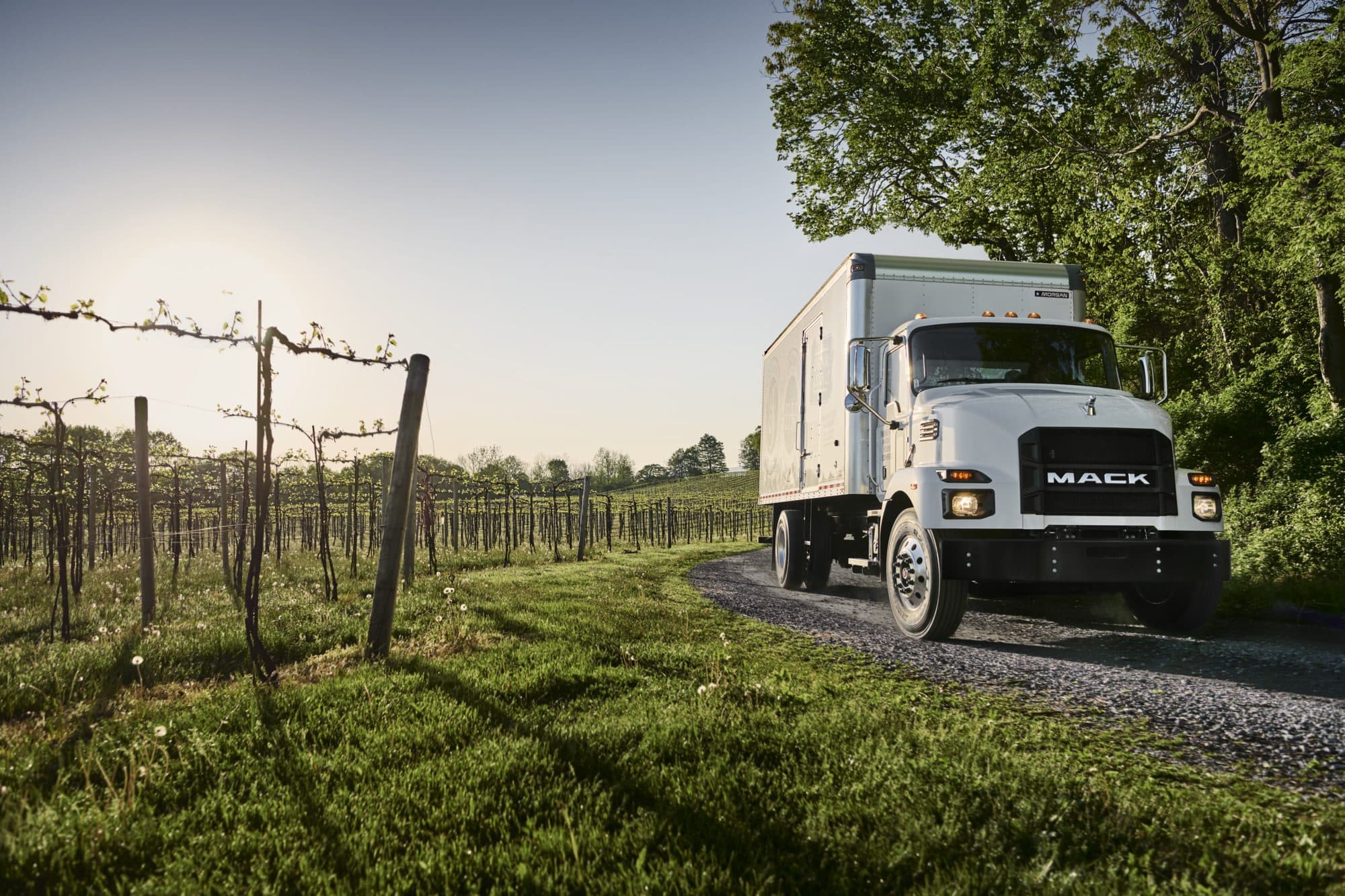
Blog
5 Ways to Get Your Equipment Harvest Ready Before Peak Season
Harvest season doesn’t wait—and neither can you. Whether you’re hauling fruit from the orchard or grain from the field, every second of uptime counts. At TEC Equipment, we’re your full-service harvest partner, here to keep your fleet running strong when it matters most. From equipment to service and smart solutions, we’ve got your back. Here…










